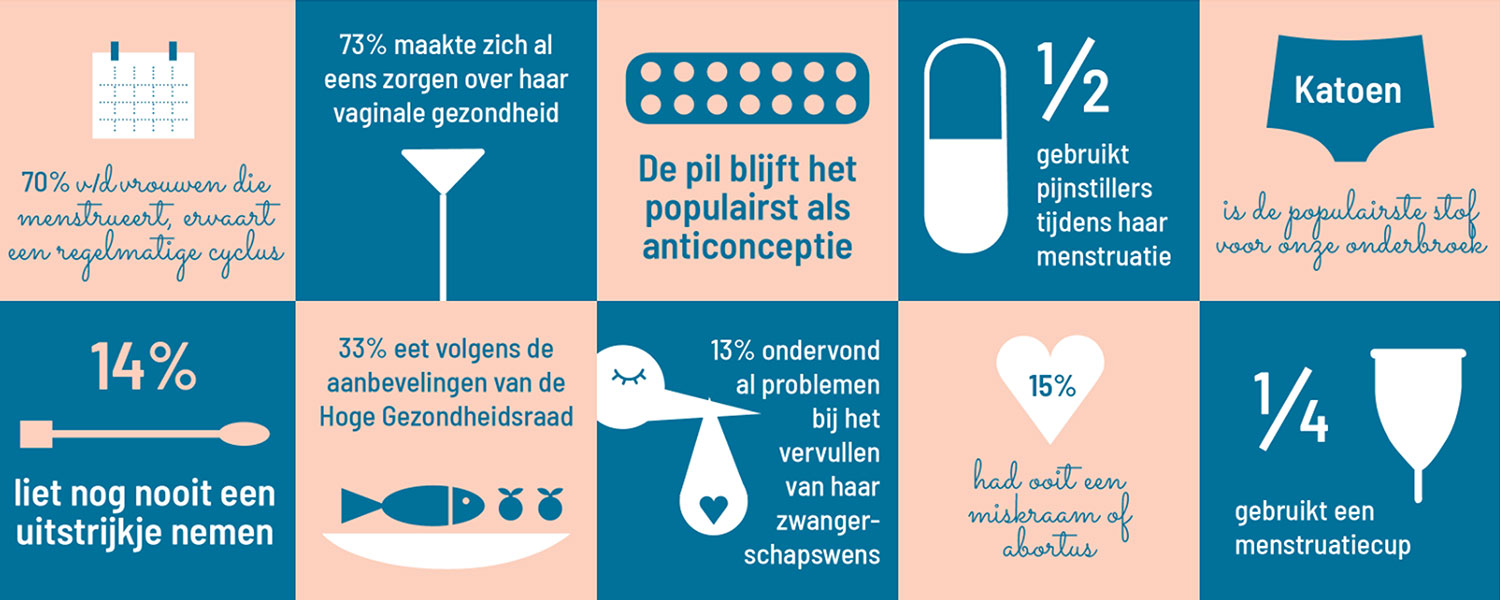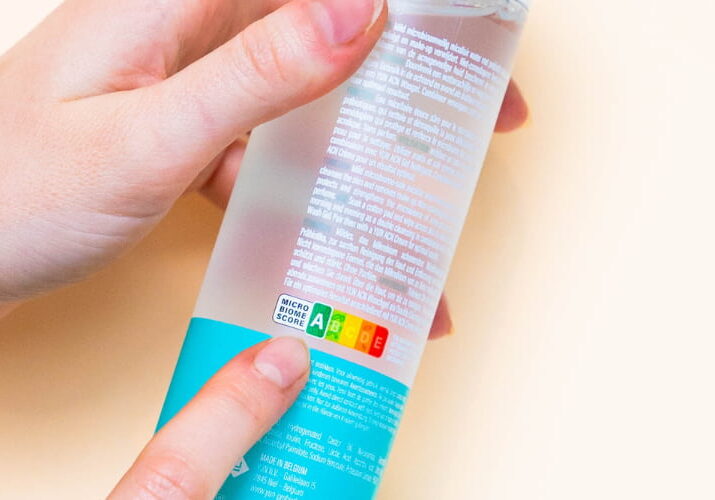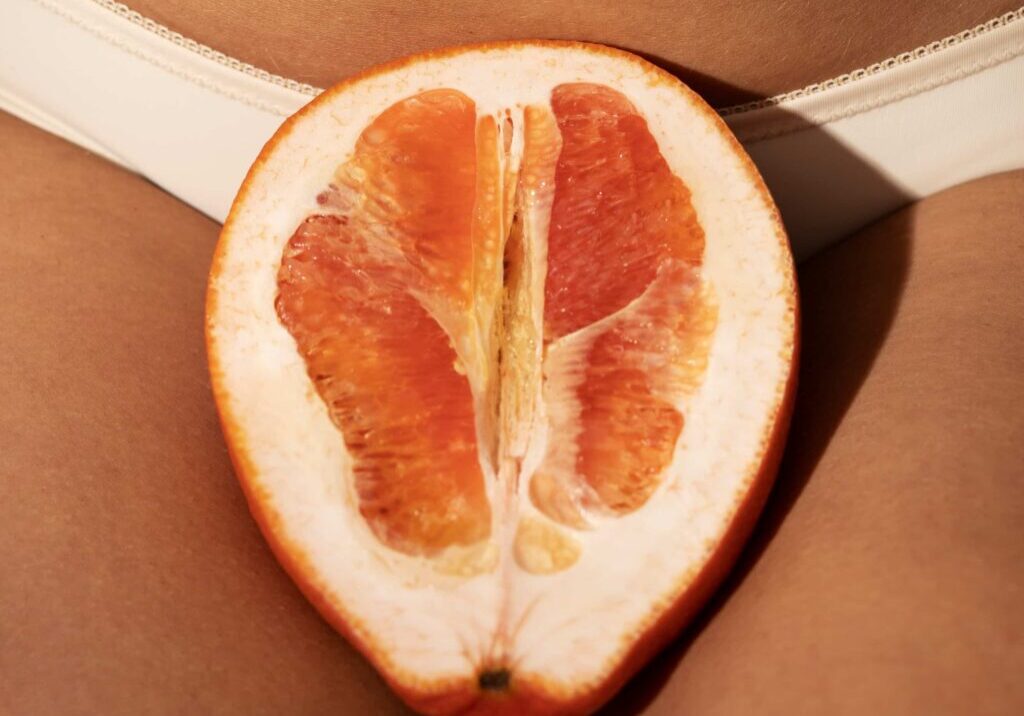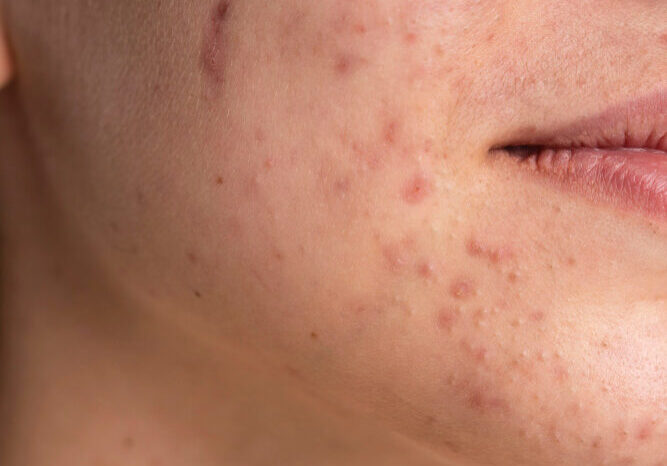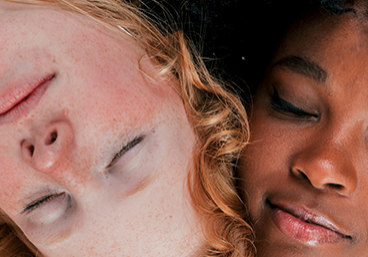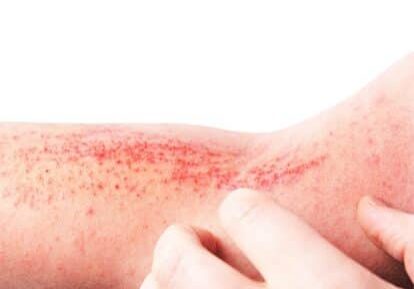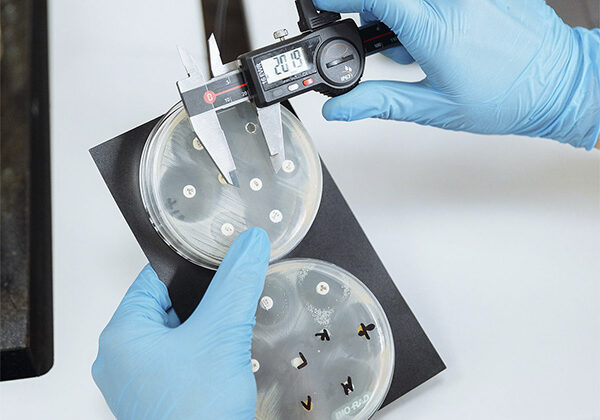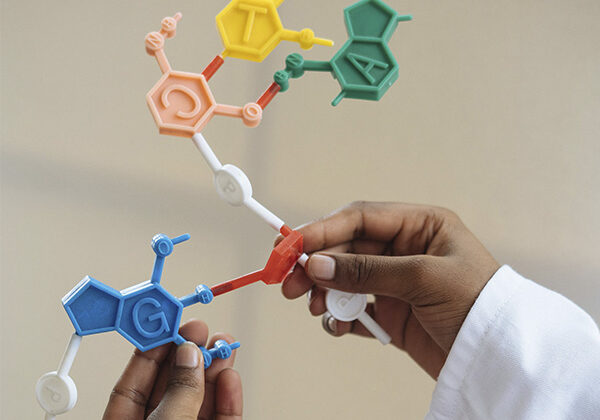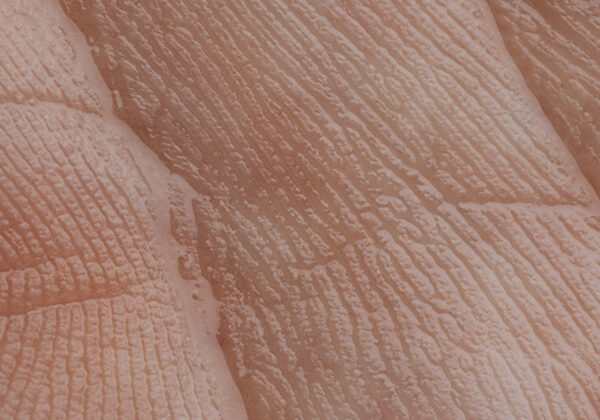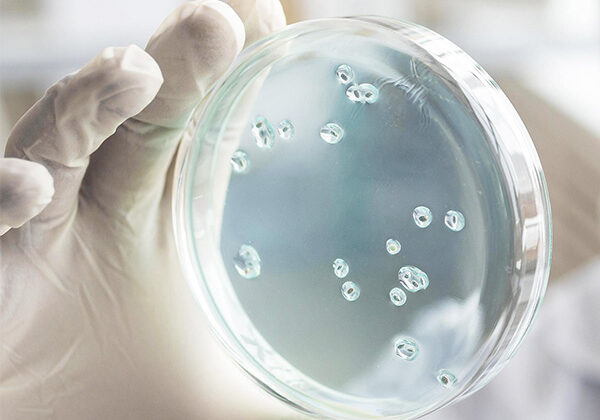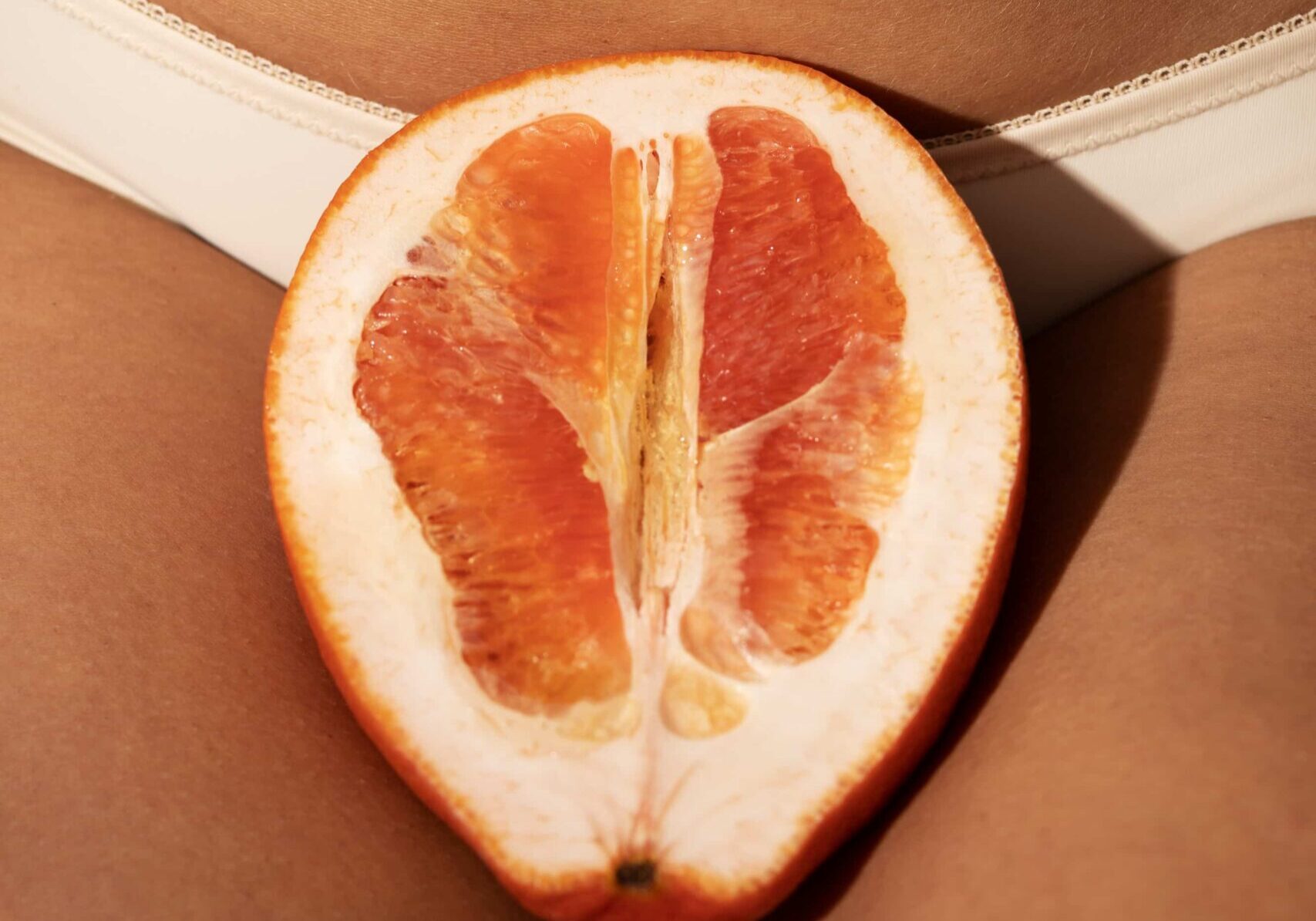Study of the skin microbiome and the potential of topical probiotics in atopic dermatitis.
Atopic dermatitis, also known as atopic eczema, is a chronic inflammatory skin disease that affects approximately 20% of children and 3% of adults in Western countries. The symptoms are mainly itching, red and dry skin and occur in periods of flare-ups. Atopic dermatitis usually starts early in childhood and is often the first clinical picture in the so-called 'atopic march', a term referring to the consecutive development of atopic eczema, hay fever and asthma. The causes of atopic dermatitis are very complex, the appearance and course of the disease being influenced by genetic and immunological mechanisms as well as environmental factors. In addition, a change in the skin microbiome is often observed in these individuals, which can contribute to worsening the symptoms.
Current therapies often do not work adequately or produce significant side effects. Therefore, alternative treatments are urgently needed. This project aims to explore the skin microbiome in atopic dermatitis and apply this to develop a new probiotic product. Based on Prof. Lebeer's research, probiotic bacteria show great potential for the treatment of atopic dermatitis. Previous experiments showed that lactobacilli can compete with skin pathogens such as staphylococci. But more in-depth research is needed before it can be proposed as a therapy. In this way, we want to offer a sustainable solution with an effective probiotic therapy, and free a large group of children and adults from their itching, dry skin and sleepless nights.
